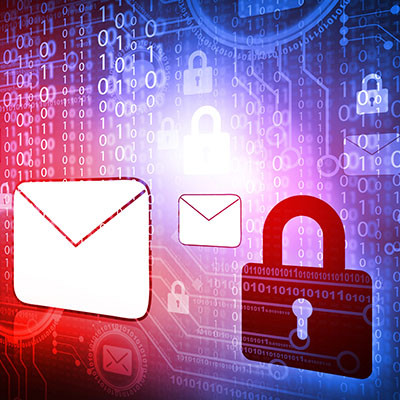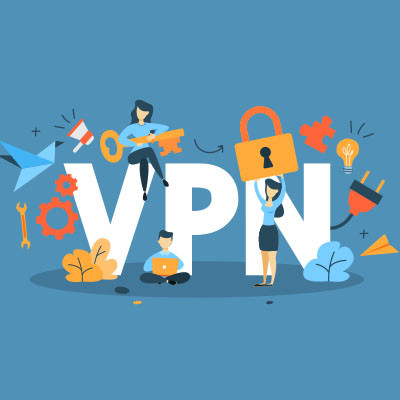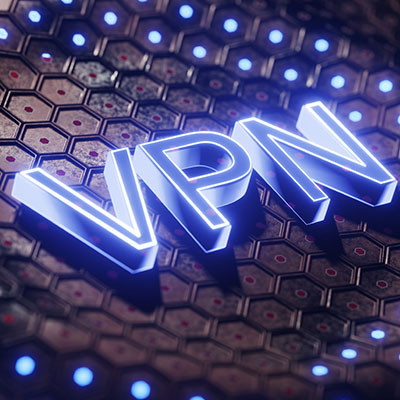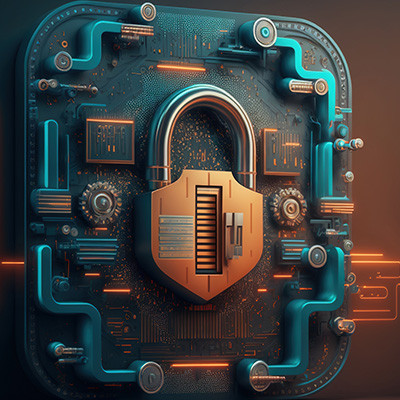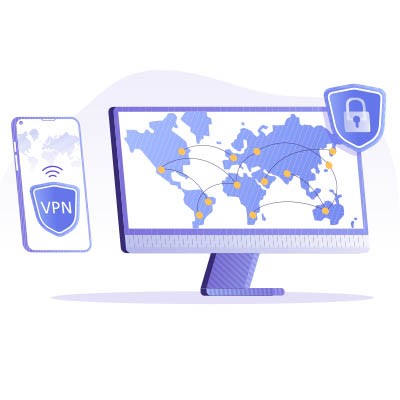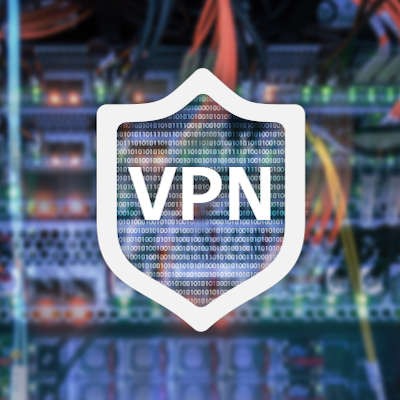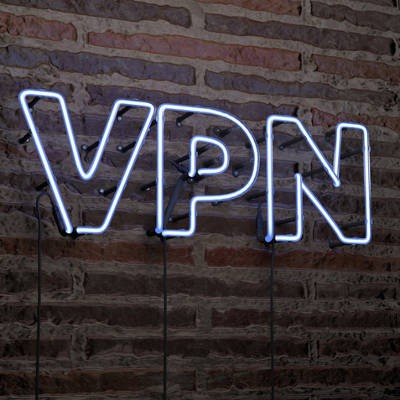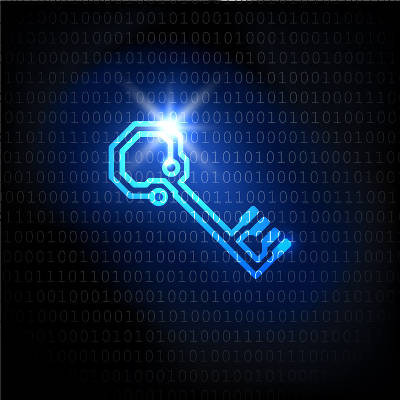Encryption is a powerful tool that any business can use to beef up its security infrastructure. While it’s often discussed in the context of virtual private networks, it’s also a key component in keeping any email solution secure. Why is encryption such a valuable security measure for email, and why is it considered non-negotiable for businesses of all kinds? Let’s take a closer look.
PCSOFT Blog
It can’t come as a surprise that businesses are starting to grow concerned about the potential of getting hit by a cyberattack. Just look at what's happening out there. Literally millions of hackers trying to enter, steal, and sell your business’ data. To help protect their data, businesses should consider the adoption of a Virtual Private Network (VPN), which adeptly conceals data during its transit. Let's take a look into some of the most compelling reasons why your business should embrace the use of a VPN.
Let me ask you a question: how do you balance the prevalence of remote work with the fact that a lot of company resources should only be stored on-site? A VPN—or virtual private network—provides the answer for many businesses. Let’s examine what a VPN actually is, and how it helps to protect your business’ data as you access it from outside of your business’ secure network.
There are so many threats out there that there are positions dedicated within companies to protecting network infrastructures and managing cybersecurity strategy. This alone should be enough to get you to take it seriously. With your employees controlling the “keys to the castle,” i.e., passwords, you need to make sure that you have a solid password strategy in place so as to not inadvertently put your company at risk.
The COVID-19 pandemic forced many organizations to transition to online work, a notion that many businesses felt was previously out of the question. This transition came with its fair share of frustrations, but eventually businesses figured out that remote work offered various benefits. That said, one of the biggest issues also manifested, and was in the form of security.
In normal circumstances, the virtual private network (VPN) is a great tool for people who work out of the office. With the COVID-19 outbreak pushing a lot of workers out of the office, the VPN has now become an essential part of a business’ day-to-day operations. Today, we’ll define the VPN and tell you why you’ll probably need a VPN designed for business use.
Employees don’t always get all of their work done from the comfort of their office. They often find themselves on the road for conferences or trying to stay ahead during their downtime at home. Unfortunately, security can become a problem, and access to data needs to be as secure as possible when outside the company network. A virtual private network, or VPN, can be an integral part of your remote business strategy.
Secrets need to be protected. That’s why humans created cryptography. Cryptography can be traced back to around the time the pharaohs ruled Egypt, but today’s cryptography is a lot different than simple hieroglyph replacement. Cryptography used in the computing systems today is called encryption. For this week’s tech term we will look back at the history of encryption and how it is used today to facilitate data security and personal privacy.
Encryption is one of the most effective ways to secure a file, and even the average user can take full advantage of it on their Windows PC. In essence, you can arrange for your files to appear as random numbers, letters, and special characters in the event that an unauthorized user accesses them.You might be surprised to learn that even your Windows PC has encryption options so that you can protect your sensitive information if so desired.
Data security is arguably one of the most important parts of running a business, especially when personally identifiable or confidential information is being shared across your network. Yet, some businesses continue to ignore security in favor of a “more convenient” approach which doesn’t hinder operations. When implemented properly, your security not only augments operations, but secures your organization’s data infrastructure.
 Cyber security is an imperative part of managing an organization’s data, and if it’s not handled properly, hackers could find a way to access it or steal it for themselves. The information that’s most important to hackers is typically customer information and internal data, like company policies or employee personal information. Of these two, which do you think most businesses prioritize in?
Cyber security is an imperative part of managing an organization’s data, and if it’s not handled properly, hackers could find a way to access it or steal it for themselves. The information that’s most important to hackers is typically customer information and internal data, like company policies or employee personal information. Of these two, which do you think most businesses prioritize in?
It should come as no surprise that businesses will generally prioritize the security of their customers over that of their employees. InformationWeek summarizes a survey conducted by Vanson Bourne:
Nearly one-third of companies and organizations with 100-to-2,000 employees in the US, Canada, India, Australia, Japan, and Malaysia, say they don't regularly encrypt their employees' bank information, and 43 percent don't always encrypt human resources files. Nearly half say they don't routinely encrypt employee health information.
It’s quite shocking that so many businesses will leave this valuable information unencrypted and vulnerable. If hackers decide to target it (or a nosy person wants to read it), they could easily access sensitive files that could put your team in jeopardy. Encrypted files, however, are much more difficult to access. Without the encryption key, the data will appear to be nothing more than a mass of jumbled characters. Financial services usually automatically encrypt customer data, but employee information likely isn’t experiencing the same benefit. It’s your responsibility as an employer to make sure that your employees’ sensitive information is protected from hackers.
Marty Ward, Vice President of Product Marketing at Sophos (sponsor of the survey), told InformationWeek, “That companies are prioritizing customer over employee data is not surprising. But it is surprising how much employee data is exposed out there, and [that they are] leaving intellectual property and financial data unencrypted."
Here are just some of the examples of data related to your everyday business operations that you should encrypt:
- Employee bank account information.
- Employee social security numbers.
- Employee health records.
- Company intellectual property.
- Company financial data.
- Passwords to company accounts.
In other words, companies should be prioritizing the encryption of their in-house data, simply because there’s so much at stake. For example, it’s one thing to have a customer’s credit card information stolen since credit cards can cancel charges that are deemed fraudulent, but it is another problem entirely for Social Security numbers and employee bank information to be stolen. This can lead to identity theft and major losses for the victim that can be difficult, if not impossible, to undo.
There’s still plenty of ways to keep your information safe, especially now that encryption services are becoming increasingly easier to implement. Most organizations have plans to implement encryption for their business over the next two years. Is your data preserved and safe from hackers? To find out, contact PCSOFT at 02 98730080.
 Eventually, one technology gets replaced by another and users of the older technology must upgrade, or else risk running an inefficient operation. This upgrade-or-be-obsolete scenario plays out most often with software, like with SHA1, the Internet’s most popular encryption protocol, slated to have its SSL certificates expire on January 1, 2017.
Eventually, one technology gets replaced by another and users of the older technology must upgrade, or else risk running an inefficient operation. This upgrade-or-be-obsolete scenario plays out most often with software, like with SHA1, the Internet’s most popular encryption protocol, slated to have its SSL certificates expire on January 1, 2017.

